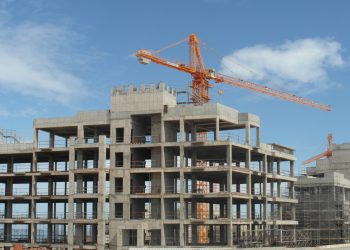Tripoli-based Libyan prime minister Abd Alhamid Aldabaiba’s renewable energy investment team held a workshop in Tripoli last Thursday to evaluate Libya’s strategy for renewable energies.
The Libyan government reported that the meeting was held in the presence of ministers, agents, directors of investment companies, and representatives of the Central Bank of Libya, the Audit Bureau, the General Electricity Company of Libya (GECOL) and the Renewable Energy Authority of Libya (REAoL).
The government reported that the team discussed:
- The national strategy for renewable energies.
- The readiness of the electric grid to receive renewable energy.
- Investment tools and opportunities in this field.
- The energy transmission lines programme to southern Europe.
- Legal models for investing in renewable energy.
Actual steps taken on renewables, including exports
The head of the investment team in renewable energies, advisor to the Governor of the Tripoli Central Bank of Libya, Mustafa Al-Manea, confirmed, at the end of the workshop, that the government, with the help of international houses of expertise and partnerships with foreign investors, has taken actual steps to implement its strategy, aiming to provide the country’s electricity needs and export to southern European countries.
Reduce carbon emissions
Team member and Minister of State for Cabinet Affairs Adel Jumaa explained that the government’s strategy also aims to keep pace with international requirements to get rid of carbon emissions and provide a clean environment.
Diversification with transparency
The Director of the Sovereign Sector Oversight Department at the State Audit Bureau, Reda Gergab, stressed the Bureau’s keenness on the quality management of state resources in areas that contribute to diversifying sources of income, including investing in renewable energies according to transparent and accountable mechanisms.
LIA willing to invest
During the workshop, the head of the Libyan Investment Authority, Ali Mahmoud, confirmed his institution’s keenness to keep pace with this strategy, adding that the available investment opportunity would be beneficial for the institution and the Libyan state.










